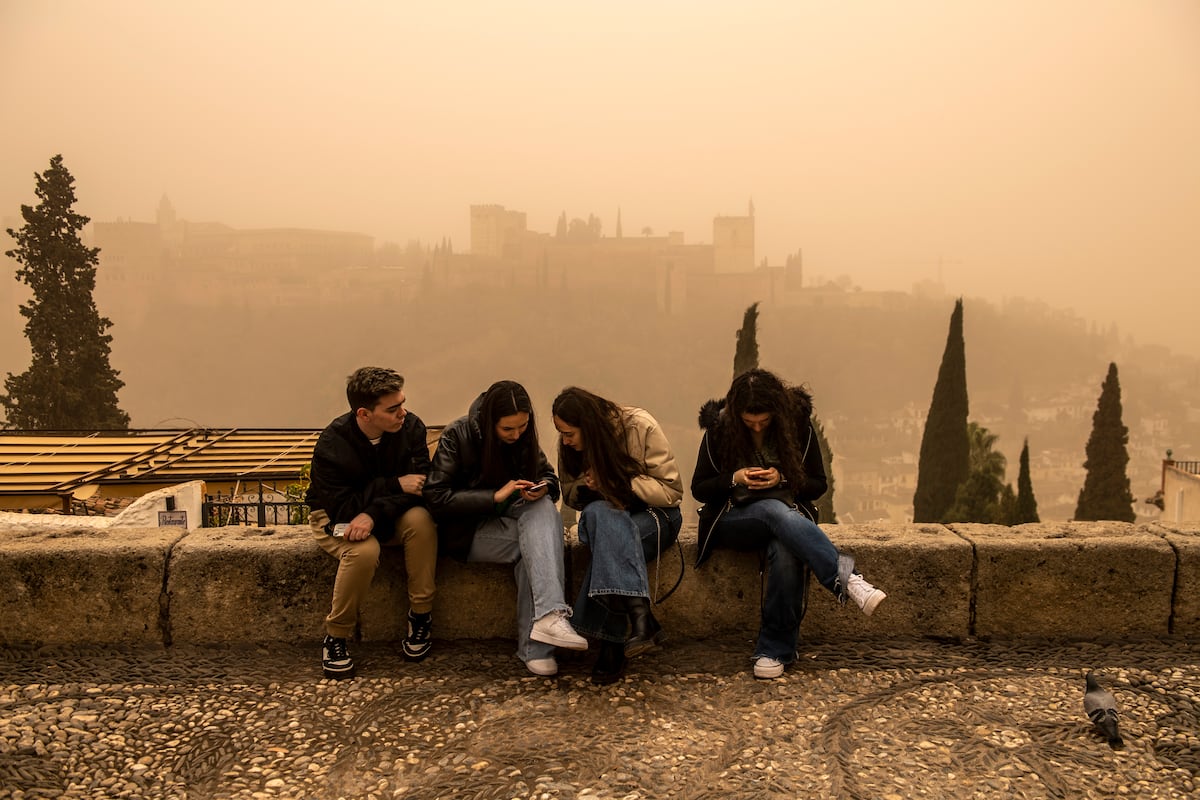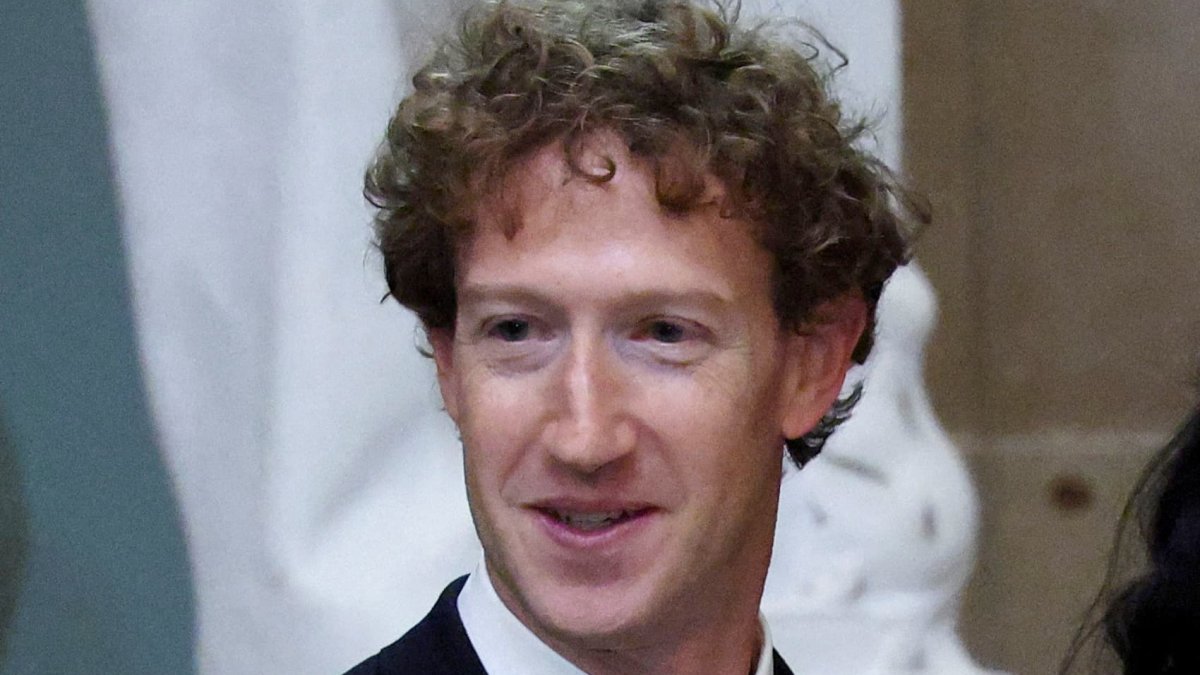#content-moderation
#content-moderation
[ follow ]
#social-media #meta #elon-musk #advertising #artificial-intelligence #ai-ethics #tiktok #mental-health
Social media marketing
fromAP News
2 days agoWidespread availability of graphic Charlie Kirk shooting video shows content moderation challenges
Graphic videos of Charlie Kirk's public shooting spread rapidly across major social platforms and remained accessible despite moderation efforts and ambiguous policies.
fromTechCrunch
2 days agoMastodon rolls out quote posts with protections to prevent 'dunking' | TechCrunch
Mastodon, an open source, decentralized alternative to X, is rolling out a somewhat controversial feature by adding quote posts, which will launch next week. The feature, which allows a user to quote someone else's post and re-share it with their own response or commentary, has contributed to a culture of " dunking " on X, where users often deride other people by responding with snark or insulting humor. To address this concern, Mastodon says it's implementing quote posts with safety controls.
Online Community Development
fromForbes
4 days agoHow Can Social Media Companies Help Stop The Spread Of Extremism?
Over the past 15 years, I briefed each of these companies about this complex issue. The first such briefing, back in December 2010, focused on my research on how Al-Qaeda and other terrorist groups were using YouTube to radicalize young people in the West. At Google's invitation, I met with senior Google representatives, including its head of public relations and policy, senior policy manager, senior policy counsel and free speech attorney, at the company's Washington, D.C., office.
World news
fromCreative Bloq
6 days agoAI regulation is coming to videos, here's how you can handle it
The word 'rules' is often defined as control or dominion over a space. When new systems emerge, rules are resisted; they represent limits. Consider the early internet. In the 1980s and 1990s, forums, chatrooms, and file-sharing sites thrived in a rule-free zone. Anything went, and few objected. But growth brought problems: spam, cybercrime, harassment, piracy, which demanded order. Out of necessity came landmark policies like the Digital Millennium Copyright Act (1998) and the General Data Protection Regulation (2018).
Artificial intelligence
fromFast Company
1 week agoWhat is AI slop? A technologist explains the pros and cons of this form of content
You've probably encountered images in your social media feeds that look like a cross between photographs and computer-generated graphics. Some are fantastical-think Shrimp Jesus-and some are believable at a quick glance-remember the little girl clutching a puppy in a boat during a flood? These are examples of AI slop, or low- to mid-quality content-video, images, audio, text or a mix-created with AI tools, often with little regard for accuracy.
Artificial intelligence
Artificial intelligence
fromTechCrunch
2 weeks agoMeta updates chatbot rules to avoid inappropriate topics with teen users | TechCrunch
Meta will train chatbots to avoid engaging teens on self-harm, suicide, disordered eating, or inappropriate romantic topics and will limit teen access to certain AI characters.
fromFuturism
3 weeks agoInstagram Caught Hiding Posts That Say "Immigrants Make the Country Great"
Instagram users are baffled after an innocuous, strawberry-adorned illustration of the words "immigrants make the country great" was flagged by the social media network and hidden by the platform's moderation tech. "We use technology or a review team to identify content that should be covered," a notice obscuring the post reads. "This post doesn't go against our Community Standards, but may contain images that some people might find upsetting." Other users encountered a "sensitive content" message on the same post. "This photo may contain graphic or violent content," it reads, even though the inoffensive post clearly doesn't.
US politics
Privacy technologies
fromArs Technica
1 month agoGrok generates fake Taylor Swift nudes without being asked
X Safety is actively removing inappropriate images and monitoring accounts for violations.
Grok's design can produce flawed outputs of partially nude celebrities, indicating a need for fine-tuning.
'Spicy' mode doesn't consistently generate offensive content, but it can default to inappropriate outputs for celebrities.
Legal obligations from the Take It Down Act might expose xAI to consequences if improper outputs persist.
fromTheregister
1 month ago3D printing site bans guns designs, hobbyists undeterred
"Following discussions with the Manhattan District Attorney's Office about concerns around untraceable firearms, we are taking additional steps to improve our content moderation efforts," Thingiverse said in a statement. "As always, we encourage our users to report any content that may be harmful."
US politics
#advertising
Marketing tech
fromTechdirt
3 months agoElon Musk's New Business Model For ExTwitter: Give Us Money Or We Sue
Elon Musk's controversial stance on advertisers has evolved to threats aimed at companies to secure ad spending.
There are reports of companies being pressured and threatened with lawsuits unless they advertise on X.
fromsfist.com
3 months agoFacebook Suspends, and Then Reinstates, Author Rebecca Solnit's Account Over LA Protest Post, In an Apparent AI Flub
The "incriminating" post from Monday is seen above. I also believe that those of us who are older, whiter, safer from the threats of state violence do not have the moral ground to lecture the younger, browner and blacker, more directly impacted on what they should and should not do.
Left-wing politics
#youtube
Right-wing politics
fromArs Technica
3 months agoYouTube will "protect free expression" by pulling back on content moderation
YouTube's content moderation now prioritizes public interest over harm risk, allowing more misinformation to remain accessible.
Policy changes in tech after Trump's reelection raise concerns about censorship of conservative voices.
Artificial intelligence
fromPyImageSearch
3 months agoContent Moderation via Zero Shot Learning with Qwen 2.5 - PyImageSearch
Digital platforms face complex challenges in content moderation due to user-generated content growth.
Qwen 2.5 models can enhance content moderation through advanced multimodal understanding.
Media industry
fromTechdirt
3 months agoWe Shouldn't Have To Explain To The FTC Why Content Moderation Is So Crucial To Free Speech, But We Did
FTC Chair Ferguson's investigation into big tech censorship is seen as politically motivated and misunderstands content moderation.
The inquiry raises First Amendment concerns regarding private editorial discretion on social media platforms.
Artificial intelligence
fromTheregister
3 months agoGrok blames White genocide chat on 'unauthorized mod'
xAI's Grok chatbot apologized for spreading conspiracy theories after unauthorized modifications were made.
The incident emphasizes the importance of AI moderation and adherence to internal guidelines.
fromAbove the Law
4 months agoMissouri AG Thinks Supreme Court Ruling Lets Him Control Social Media Moderation (It Doesn't) - Above the Law
The First Amendment protects social media content moderation decisions, making government intervention in these processes a violation of free speech rights.
Social media marketing
[ Load more ]





































